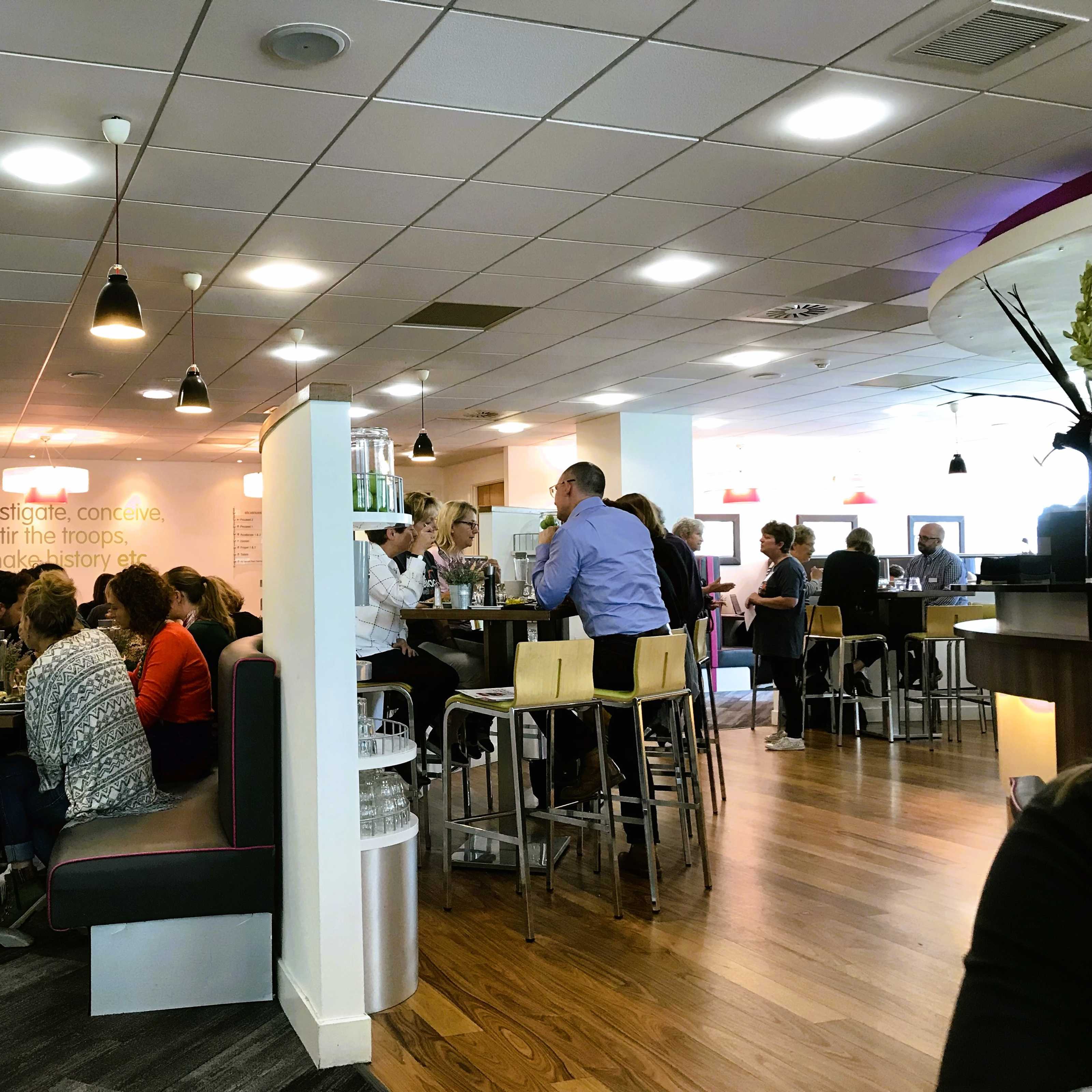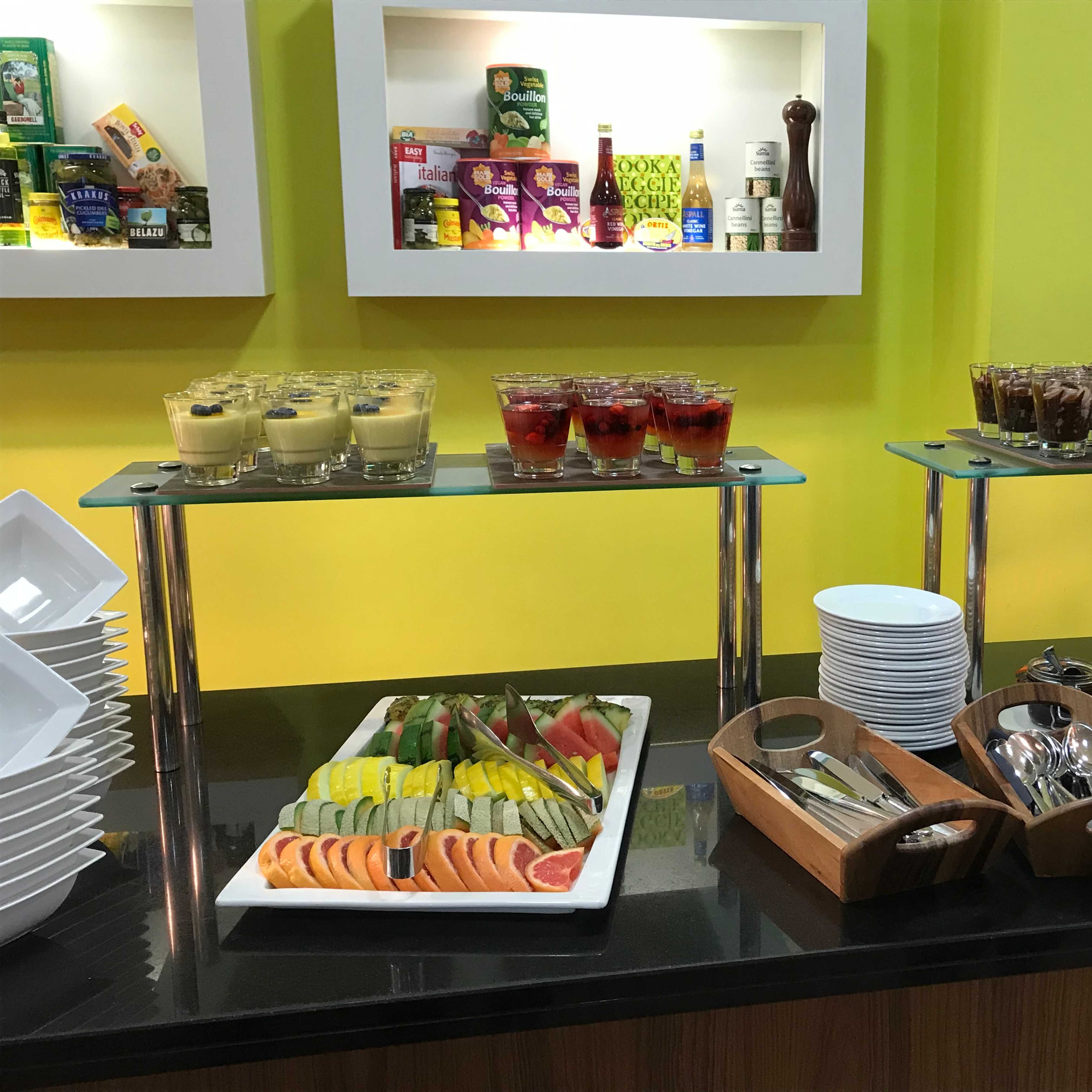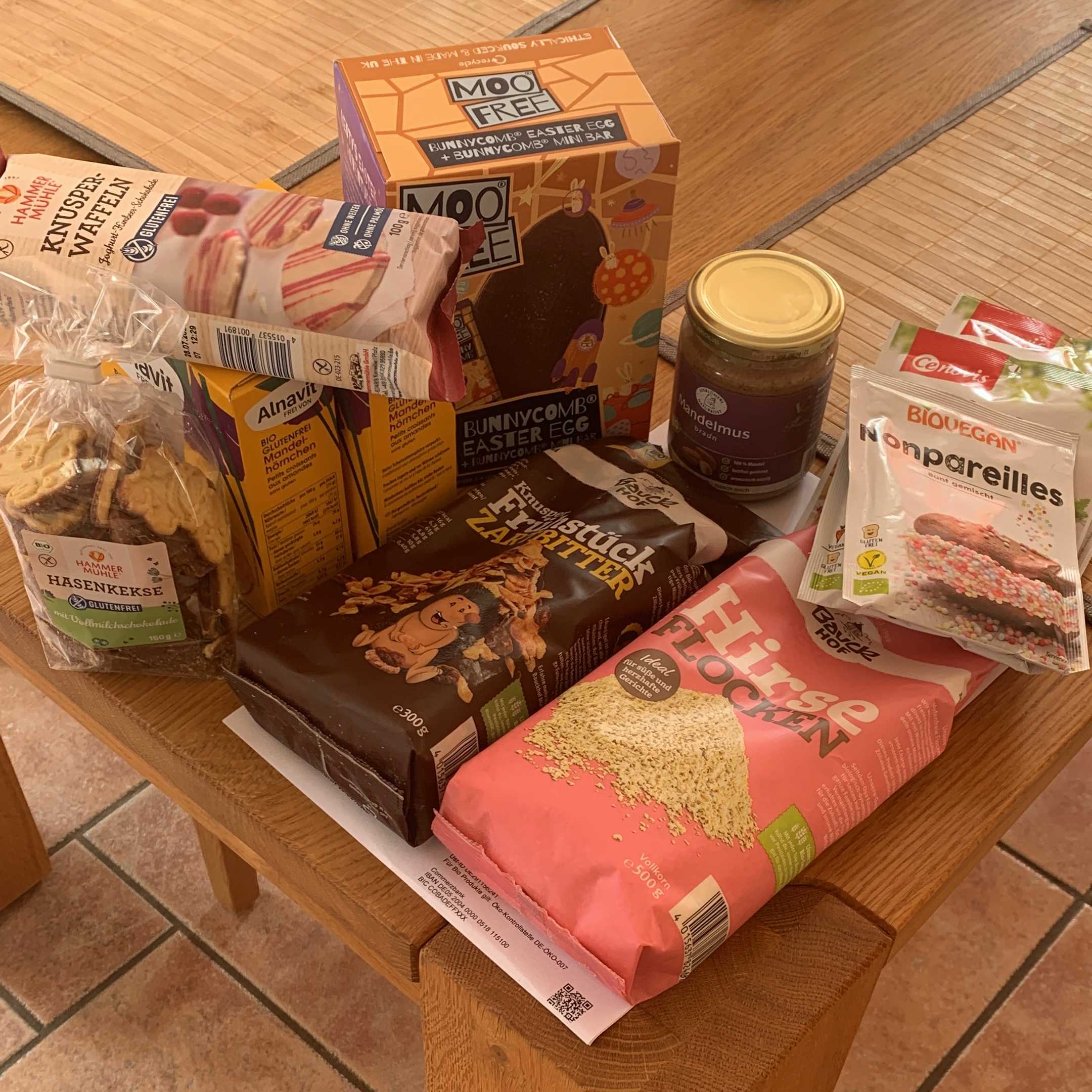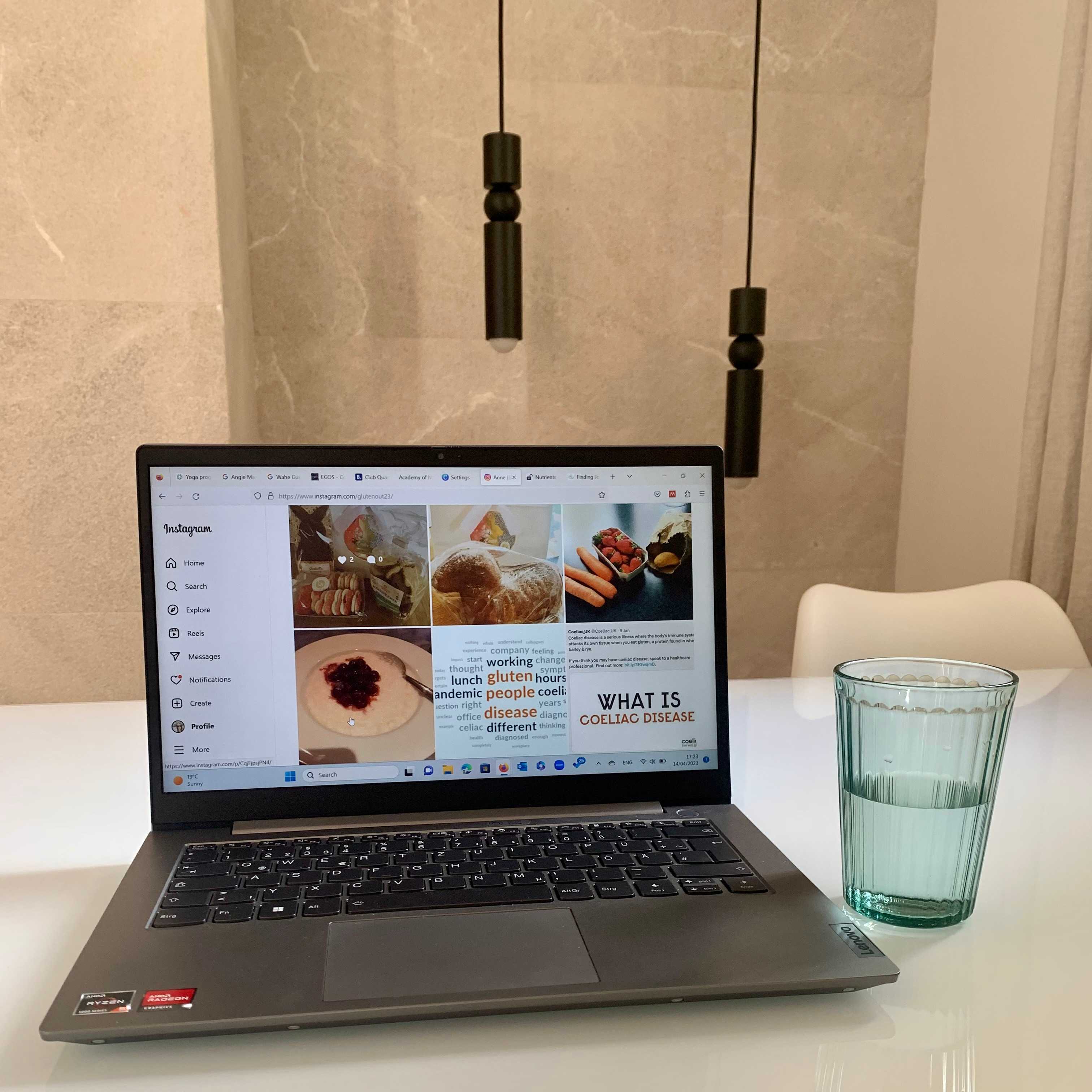University can be tricky when living with an autoimmune disease such as Coeliac Disease but starting work after graduation can have its challenges. To make the transition easier, here are a few ideas to deal with some challenges.
I was excited to begin my first job after graduating from University but I was terrified to decline food offers and tell colleagues or my managers about my disease. My friends and close family members tried to comfort me telling me that nobody would ask about food and nobody would notice that I had an autoimmune disease. Let me say this, in my case I was offered food on several occasions, was invited to work lunches and got asked funny questions once I declined the offers. I also felt guilty on those days I did not feel well due to symptoms and I had a feeling that my colleagues judged me in the office for leaving my desk frequently. Have they ever judged me? I do not know but I have been asked about not looking well.
With help, I found a way of navigating my work life. I would like to say that even though these strategies work for me they might not work for everyone. But they might be a starting point to come up with suitable ideas.
I inform my managers about my diagnosis when I start a new role and I have always had understanding managers who took me seriously. It is just a quick conversation letting them know that I still struggle with symptoms despite being on a strict gluten-free diet. The conversation helps me to feel less pressured to function at 100% when I know that there are days when I cannot.
I ignore treats that are left in the office as they are never gluten-free. So far, each office I worked at had a culture of bringing sweets for birthdays, when returning from holidays or before bank holidays. Often colleagues are polite and offer sweets, but I always decline those offers. In my first job, I realised that people do ask questions, make comments or sometimes ask other colleagues behind the actual person’s back about weird habits such as declining sweets all the time. So I decided to tell my colleagues I share desks with or the ones I have conversations with frequently that I live with Coeliac Disease, that I live a strict gluten-free life and that I cannot cheat. Most understand and some are so great that they start bringing gluten-free treats. After a few months, most of my colleagues knew although I had only shared my diagnosis with a few of them. It will depend on the office structure and culture, but the fact is people talk. After being annoyed and terrified, I used it as an advantage. I agree that it can be difficult at some workplaces and unfortunately, some workplaces are not that open. Maybe there is not even a need to tell anyone or it is easier not to share this piece of very private information. The only thing that is important when starting the first or new job is: to find a way to feel comfortable. Work is stressful and busy enough, worrying about Coeliac Disease should not be part of it.



